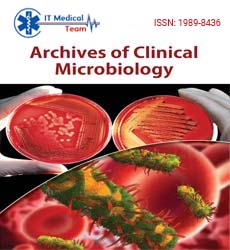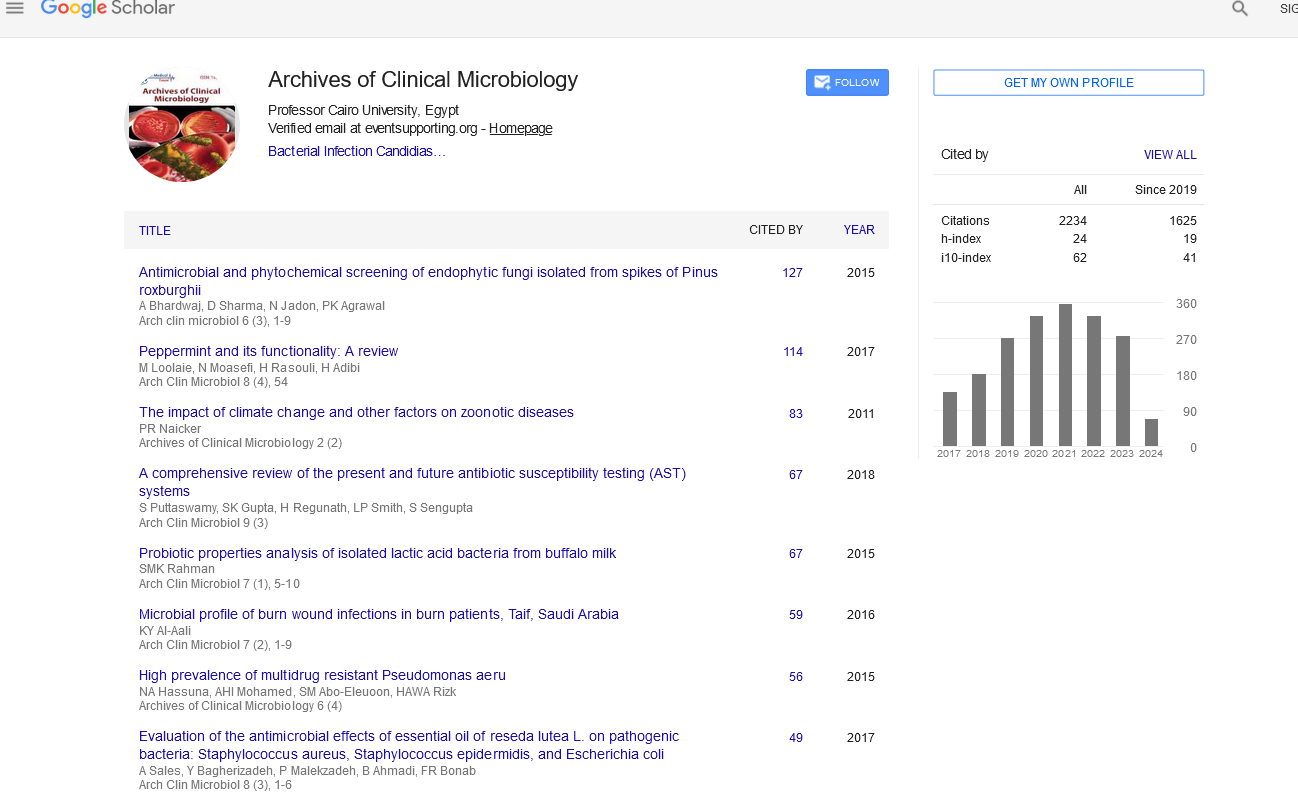Neelanjana Singh1 and Rajesh Taneja2*
1PSRI Hospital, Sheikh Sarai, New Delhi, India
2Indraprastha Apollo Hospitals, Sarita Vihar, New Delhi, 110070, India
- *Corresponding Author:
- Rajesh Taneja
Indraprastha Apollo Hospitals
Room Number 1019, Sarita Vihar
New Delhi, 110070, India
E-mail: rajeshtanejadr@yahoo.com
Received Date: January 14, 2021 Accepted Date: January 28, 2021 Published Date: February 04, 2021
Citation: Singh N, Taneja R (2021) Diet Matters in Bladder Pain Syndrome and Interstitial Cystitis. Arch Clin Microbiol Vol.12 No.S1:140.
Bladder Pain Syndrome/Interstitial Cystitis a medical condition that is challenging for both parties involved-the one suffering as well as for the one treating. One major part of the challenge is what the medical practitioner faces connected with the difficulty in detecting and diagnosing this condition. For the patient the challenge is about expressing their plight so that their problem is understood and then treated appropriately. Global figures say that takes approximately 10 years for a patient to get a diagnosis in place. There is also data to show that that patient usually go through evaluation by an average of 10 doctors before the problem gets identified and treated. Evidently, IC/BPS is a medical condition deserving better attention and understanding from all the stakeholders-the patient medical professionals and the family members.
Keywords
Bladder Pain Syndrome (BPC); Interstitial Cystitis (IC); Irritable bowel syndrome
Description
Whether it is heart disease or liver disease, making changes in the diet and lifestyle is the first line of treatment/management is always a recommendation [1]. This is how it works for IC/BPS as well. The complexity of understanding the food and bladder connection arises because of the many mechanisms by which the bladder is affected. Broadly there are 4 pathways by which some of the food components or their metabolites affect the bladder. One or more of these pathways may be active in a patient in varying degrees. One of these pathways is activated when the urine, whose composition changes with food, affects the sensitive bladder which is bereft the GAG layer lining. As the urine’s acidity increases on the consumption of certain foods, the possibility of a flare up seems to increase.
Another pathway that has an effect on the bladder is when the food metabolites stimulate the bladder’s nerve endings which display heightened pain sensitivity in IC/BPS. The third pathway affecting the bladder is due to the heavy flow of histamine from the increased mast cells on the bladder lining, getting activated by certain foods [2]. Yet another pathway is the result of the cross talk that happens between organs. The gut is one of the organs with good communication channels with the bladder. This explains the overlap between IC/BPS and Irritable Bowel Syndrome, constipation, celiac disease.
The involvement of food and its metabolites is noted for all the 4 pathways affecting the bladder. This is why making dietary modifications is an integral part of IC/BPS management. But, making a generalized diet plan is not the solution. The diet has to be tailored and personalized and therefore unique for every individual suffering from IC-BPS. This is because which of the 4 pathways and which of the food components are the trigger can vary from person to person. Very broadly, the prescription is to avoid heavily processed foods (there are very many chemicals present in it) stimulating beverages like alcohol, tea, coffee and cocoa, and the hot spices [3]. The Elimination Diet protocol and maintaining precise records in a food dairy is what can help arrive at the optimal dietary modifications and the best possible customized diet plan [4,5].
Conclusion
Recent studies have revealed the important role that the gut microbiota can play in modulating the inflammatory cascade that underlies this condition. As more and more diseases show their links with inflammation, modifying the diet to quench inflammation is a critical step in the management of this condition as well. In this endeavor besides dietary modifications, the use of probiotics and prebiotics are being used as important substrates for the microbes that fight inflammation at the cellular level. Modulation of the gut microbiota is an important area of research and practice in IC/BPS management for the future.
35439
References
- Singh N, Taneja R (2019) Indian diet for interstitial cystitis. Avichal Publishing Company.
- Shan H, Zhang EW, Zhang P, Zhang XD, Zhang N, et al. (2019) Differential expression of histamine receptors in the bladder wall tissues of patients with bladder pain syndrome/interstitial cystitis-significance in the responsiveness to antihistamine treatment and disease symptoms. BMC Urol 19: 115.
- Friedlander JI, Shorter B, Moldwin RM (2012) Diet and its role in interstitial cystitis/bladder pain syndrome (IC/BPS) and comorbid condition. BJU Int 109: 1584-1591.
- Oh-Oka H (2017) Clinical efficacy of 1-year intensive systematic dietary manipulation as complementary and alternative medicine therapies on female patients with interstitial cystitis/bladder pain syndrome. Urology 106: 50-54.
- Arora HC, Eng C, Shoskes DA (2017) Gut microbiome and chronic prostatitis/chronic pelvic pain syndrome. Ann Transl Med 5: 30.





